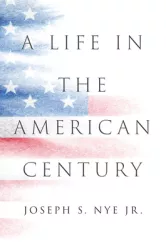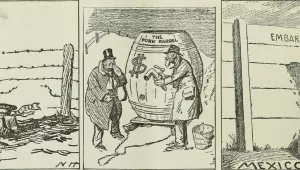Overview
A century ago, Europe's diplomats mismanaged the crisis triggered by the murder of Archduke Franz Ferdinand of Austria, and the continent soon plunged into World War I, which killed millions, toppled dynasties, and destroyed empires. Almost as soon as the armies began to march, scholars started trying to explain what caused the Great War. One hundred years later, the continuing debate over the causes of World War I has been joined by lively consideration of the parallels between the present international system and the world of 1914.
Are China and the United States fated to follow in the footsteps of previous great power rivals? Will today's alliances drag countries into tomorrow's wars? Can leaders manage power relationships peacefully? Or will East Asia's territorial and maritime disputes trigger a larger conflict, just as rivalries in the Balkans did in 1914?
The Next Great War? combines reinterpretations of history, applications of international relations theory, and discussions of the lessons that the outbreak of war in 1914 offers for the analysis of contemporary U.S.-China relations. In these essays, leading experts reconsider the causes of World War I and explore whether the great powers of the twenty-first century can avoid the mistakes of Europe's statesmen in 1914 and prevent another catastrophic conflict. They find differences as well as similarities between today's world and the world of 1914—but conclude that only a deep understanding of those differences and early action to bring great powers together will likely enable the United States and China to avoid a great war.
Contributors: Alan Alexandroff, Graham Allison, Richard N. Cooper, Charles S. Maier, Steven E. Miller, Joseph S. Nye Jr., T.G. Otte, David K. Richards, Richard N. Rosecrance, Kevin Rudd, Jack Snyder, Etel Solingen, Arthur A. Stein, Stephen Van Evera.
“The Next Great War? The Roots of World War I and the Risk of U.S.-China Conflict.” Edited by Rosecrance, Richard and Steven E. Miller. MIT Press, December 2014






